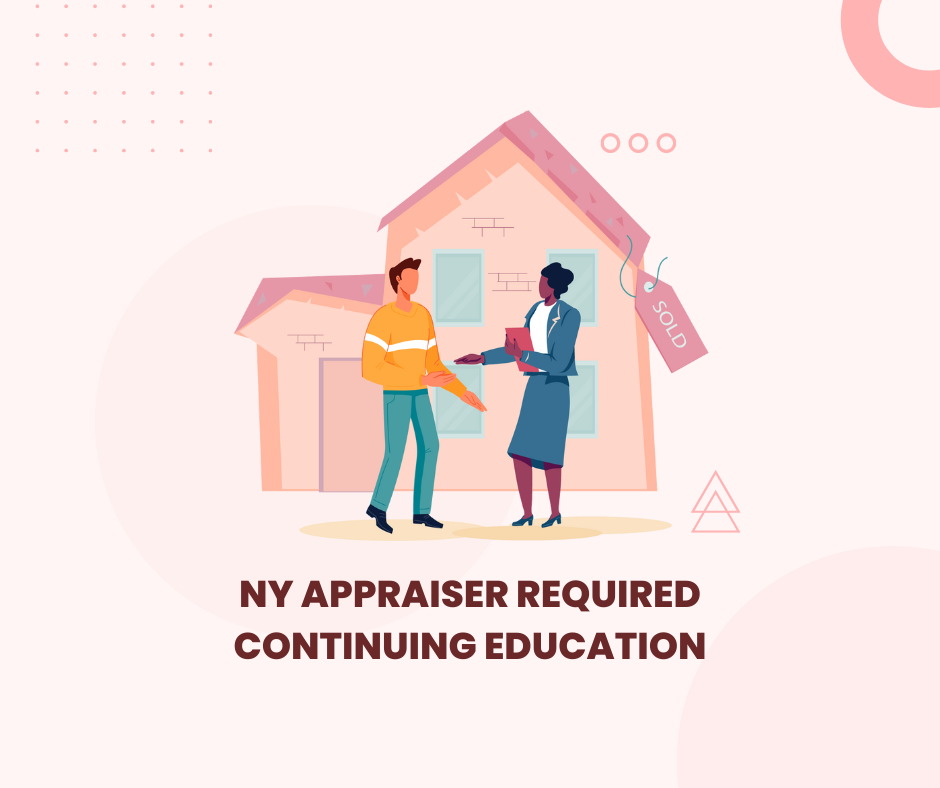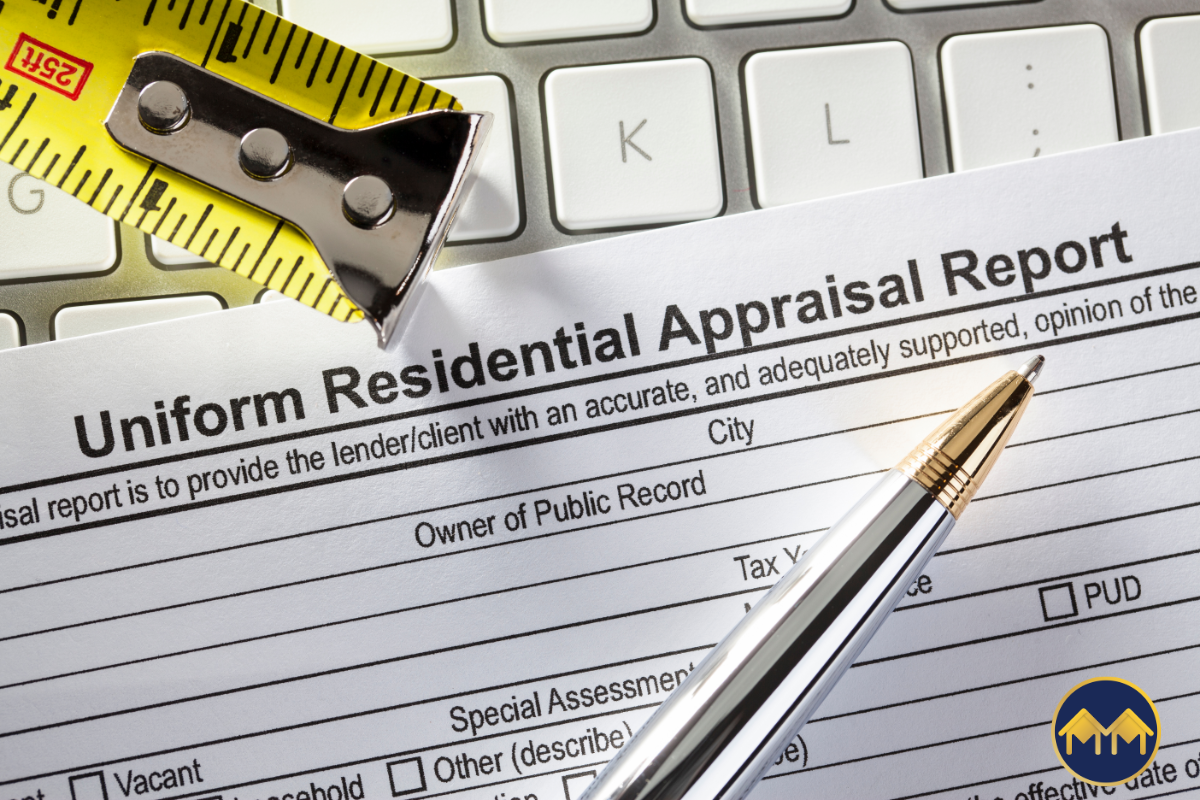It’s a good time to become a real estate appraiser! For a variety of reasons. Trained and certified appraisers are in higher demand than ever before. According to the Appraisal Institute. The number of licensed professional appraisers in the U.S. has declined each year for at least the past five years. Many professionals currently in the business are nearing retirement age. Which signals an even greater need for new blood. In turn, means more opportunities in the appraisal industry.
Additionally, some real estate appraisers have left the “field” for in-house appraisal positions in banks and appraisal management companies. Some have stopped doing Appraisal Management (AMC) work altogether. Thus, there is a great opportunity for those new to the business or wanting to get started.
What Does an Appraiser Do?
Real estate appraisers play a key role in the real estate industry. By estimating the value of homes and property before they are bought, sold, mortgaged, insured, taxed, or developed. This process, also known as property valuation or land valuation. It is essential to helping property owners, sellers, lenders, and others make responsible, educated decisions related to real property. As the market and property conditions are not static, real estate transactions often require appraisals. Also, any federal loan has specific requirements regarding Appraisal Certification.
In addition to appraising homes and property. Appraisers will prepare reports, collect physical data and document property conditions. And will always stay aware of local real estate market conditions. The profession is an attractive one due to its flexibility, respect from other professionals, and income potential.
Career Paths in the Appraisal Industry
The work life (and earnings) of a real estate appraiser may vary greatly. As there are many career paths one may take. There are also many benefits. You may own your own business, work for an employer, or work for a state organization. Your earnings may be fee-based or salary based. As an appraiser, you may focus on residential or commercial properties.
Many appraisers are employed in local governments, real estate firms, or financial institutions. While some are self-employed. It’s possible for you to work mainly in the field, mainly in an office setting, or a combination of both. Unless you own your own business and make your own hours, most jobs are full-time positions.
Opportunities in the Appraisal Industry
Appraiser Trainee – This is where you’ll start. Appraiser trainees are qualified to appraise properties when supervised by a certified appraiser.
Licensed Real Property Appraiser – This person can appraise one to four single-family units with a transaction value of under $1,000,000 (non-complex). And one to four residential units with a transaction value of no more than $250,000 (complex-style).
Certified Residential Real Property Appraiser – A professional at this level can appraise one to four residential units of any transaction value or complexity, not including subdivisions.
Certified General Real Property Appraiser – This person is qualified to evaluate all types of real property, both commercial and residential.
Assessor – Unlike appraisers, who generally assign a value to one property at a time. Assessors typically focus on many properties at once, such as an entire neighborhood of homes. Most assessors work for local governments and perform assessments for property tax determinations. Generally, an elected position.
Earning Potential!
The Bureau of Labor and Statistics listed the median annual wage for real estate appraisers at 55,990 in May 2020. But there is potential to earn much more, and many appraisers do. If you own your own business, your earnings could be as high as $200,000 per year.
In general, fees for residential real estate appraisals are increasing as the complexity of valuation increases. But it all depends on how much you work, where you work, whether you earn a fee split or a salary, and your own education and motivation.
What Does it Take?
The exact requirements for becoming an appraiser are different from state to state. But since 2015, a bachelor’s degree is the minimum federal education requirement to become an appraiser. After that, depending on whether you aim to become a Licensed Residential Appraiser, Certified Residential Appraiser, or Certified General Appraiser, you will need to complete 15000-3000 hours of experience training.
Thus, finding a mentor to teach you the day-to-day operations of the appraisal profession is an important step in the process. Otherwise know as a Supervisory Appraiser.
In addition to official qualifications from the Appraiser Qualifications Board (AQB), there are some “soft skills” that are helpful to the job such as marketing, networking, computer skills, listening, critical thinking & analysis, photography, narrative writing skills, and verbal communication.
How to Start Your Journey
Luckily, you can start your journey today and receive a comprehensive education, training, and tools to help you succeed.
In the real estate appraisal profession, education and experience are necessary for reaching your full potential. The Appraisal program at Manfred offers both classroom and live webinar courses approved by the AQB and NYS Division of Licensing. These include licensed residential and certified residential pre-licensing courses and exam prep products designed to meet varying state requirements.
The potential for a rewarding, well-compensated and exciting professional career is yours! The lagging number of real estate appraisers is a major challenge. For the long-term outlook of the valuation profession, but also opportunities in the Appraisal industry are there for you to stand out.
Related Blog Posts
Join Over 100,000 Students Enjoying Manfred School Now
Become Part of Manfred School to Further Your Career.





